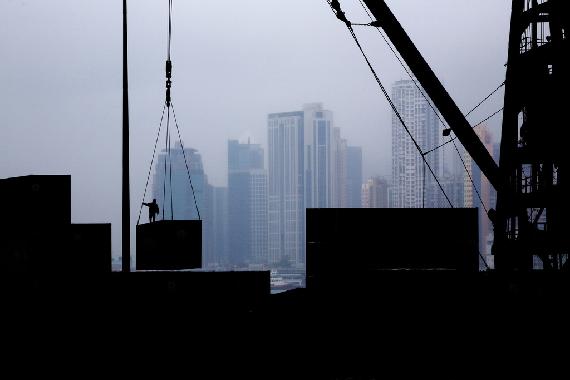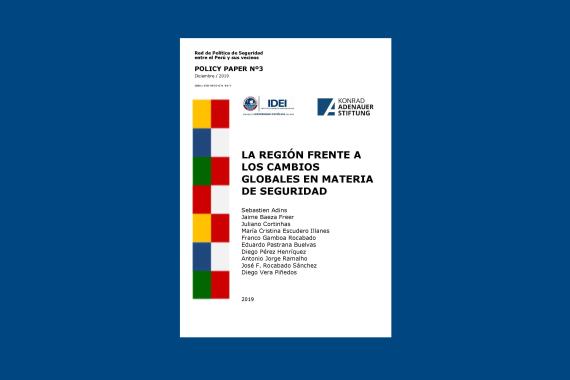Análisis y Opiniones
Contribuciones seleccionadas de la serie con referencia internacional
La serie informa de forma concentrada sobre las posiciones importantes de la Fundación Konrad Adenauer en temas de actualidad. Los números individuales presentan las principales conclusiones y recomendaciones, ofrecen breves análisis, explican los planes futuros de la Fundación y nombran a las personas de contacto de la KAS.
Auslandsinformationen
Zeitschrift für internationale Fragen, Außenpolitik und Entwicklungszusammenarbeit
Die Auslandsinformationen (Ai) sind die Zeitschrift der Konrad-Adenauer-Stiftung für Internationale Politik. Sie bieten politische Analysen unserer Expertinnen und Experten in Berlin und aus mehr als 100 Auslandsbüros in allen Weltregionen. Gekennzeichnete Artikel geben nicht unbedingt die Meinung der Redaktion wieder.
Barómetro del Partido PPE
La situación del Partido Popular Europeo en la UE
El Barómetro de los Partidos del PPE ilumina vívidamente la situación actual de la familia de partidos del PPE en la UE. A intervalos irregulares, ofrece una visión concisa de los resultados electorales actuales, las encuestas de los Estados miembros y la composición de la familia de partidos.
Entrevistas
En nuestra serie "Entrevistas", mantenemos conversaciones y debates con expertos de la Fundación Konrad Adenauer sobre diversos temas.
kurzum
Conciso, reducido a lo esencial, pero siempre de gran actualidad. En la serie "en breve", nuestros expertos resumen un tema o problema en un máximo de dos páginas.
Reportajes internacionales
Breves informes políticos de las oficinas internacionales de la KAS
La Fundación Konrad Adenauer está representada con oficina propia en unos 70 países en cinco continentes . Los empleados del extranjero pueden informar in situ de primera mano sobre acontecimientos actuales y desarrollos a largo plazo en su país de emplazamiento. En los "informes de países", ellos ofrecen de forma exclusiva a los usuarios de la página web de la fundación Konrad Adenauer análisis, informaciones de trasfondo y evaluaciones.
Notas de acontecimientos
La Fundación Konrad Adenauer, sus talleres de formación, centros de formación y oficinas en el extranjero ofrecen anualmente miles de eventos sobre temas cambiantes. Le informamos en www.kas.de acerca de una selección de conferencias, eventos, simposios etc. , de forma actual y exclusiva. Aquí, usted encuentra, además de un resumen en cuanto al contenido, materiales adicionales como imágenes, manuscritos de diálogos, vídeos o grabaciones de audio.










